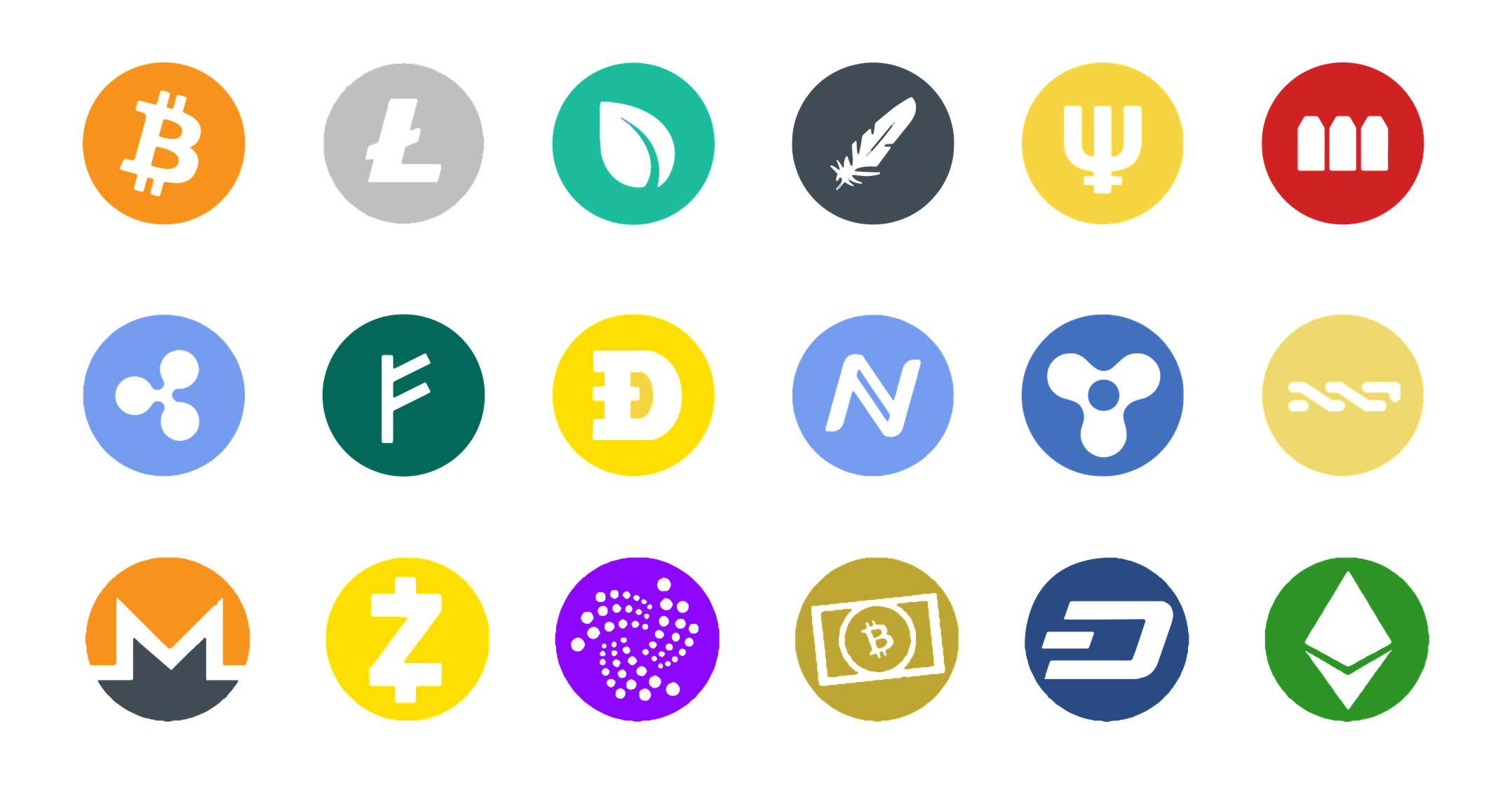 The 21st-century revolutionaries who have dominated cryptocurrencies are having to move over. Mainstream financial institutions are adopting these assets and the blockchain technology that enables them, in what is perhaps the most profound development since the birth of cryptocurrencies through the launch of bitcoin a decade ago.
The 21st-century revolutionaries who have dominated cryptocurrencies are having to move over. Mainstream financial institutions are adopting these assets and the blockchain technology that enables them, in what is perhaps the most profound development since the birth of cryptocurrencies through the launch of bitcoin a decade ago.
JP Morgan Chase has been leading the way, having announced JPM Coin earlier this year, the first cryptocurrency issued by a big international bank. When trials begin in the coming months, each JPM Coin will be redeemable for US$1, protecting this cryptocurrency from the volatility characteristic of the likes of bitcoin.
One of the main reasons for JP Morgan launching these coins is to offer large corporate clients a way of making international payments in real time. This could gradually replace the current global interbank funds transfer network known as Swift, whose wire transfer payments can sometimes take a whole business day to settle.
A few weeks later, the International Monetary Fund and World Bank jointly announced the launch of Learning Coin, a private blockchain and quasi-cryptocurrency designed to help them better understand the technology. Facebook, too, was reported to be interested in launching a cryptocurrency.
Meanwhile, financial firm 20|30 became the first company to list using blockchains on a mainstream regulated trading platform, when it floated on the London Stock Exchange with shares in the form of “equity tokens” similar to a cryptocurrency.
It is all a far cry from the rationale for creating bitcoins and blockchains in the first place: to decentralise finance away from the dollar-dominated system of fiat currencies and to gradually render financial institutions obsolete.
Attractive
Yet this space remains attractive to those seeking to undermine US financial hegemony. Iran and Russia are both looking at launching state-backed cryptocurrencies, in response to US threats to disconnect them from the Swift payments system. This would enable these countries to join other blockchain-based payment networks, with the potential to steadily weaken the international payments system.
Other threats to global finance from cryptocurrencies abound. Services making it easier to conceal their movement, such as cryptocurrency tumblers, are said to be enabling fraudulent activities. There is growing evidence that cryptocurrencies are financing terrorism; while they are supposedly also vulnerable to rogue states — the United Nations recently accused North Korea of stealing $571-million from five cryptocurrency exchanges in Asia.
When you combine these concerns with the steady shift of cryptocurrencies towards the mainstream, it makes many observers very nervous: cryptocurrencies still represent well below 1% of global trading, but they are growing fast. The Basel Committee on Banking Supervision, which oversees international banking, recently warned that cryptocurrencies were a risk to global financial stability, and advised banks to look at their direct and indirect exposure and protect themselves.
 Cryptocurrency regulation remains a very grey area. These assets are traded on two types of platforms, known as centralised and decentralised exchanges.
Cryptocurrency regulation remains a very grey area. These assets are traded on two types of platforms, known as centralised and decentralised exchanges.
Centralised exchanges, such as Coinbase or Robinhood, are platforms for connecting buyers and sellers, which enable them to buy or sell digital currencies either for other digital currencies or fiat currencies. The platform takes a fee for each transaction, and the amount of regulation varies from country to country. On decentralised exchanges, such as Block DX, traders sell cryptocurrencies directly between one another. These comprise a much smaller proportion of trading and tend to be unregulated. They are harder to control — not least because much of the activity occurs on the dark net.
The Financial Actions Task Force (FATF), the global standard setter against financial crime, is working towards global regulation of cryptocurrencies on centralised exchanges. It recently met with industry representatives from around the world as part of a consultation to finalise global standards. This will inform proposals for regulation due to be announced by the FATF in June.
One major aspect is regulatory technology, which refers to technology that makes it possible to identify cryptocurrency activities such as the identities of traders doing transactions on blockchains. It will be interesting to see what the FATF has to say next month about the adoption of a regtech global standard, which many would argue is crucial to making cryptocurrencies more transparent.
On many other regulatory issues, the world remains a patchwork. France, for example, is looking at banning cryptocurrencies known as privacy coins, which are designed to make it particularly difficult to trace their owners. Ireland has amended its Anti-Money Laundering Bill to include cryptocurrencies, while the UK is moving in a similar direction — going beyond the existing relevant EU regulations.
New rules
Japan, seen as a world leader on crypto regulation, is introducing new rules capping the amount that traders can borrow from exchanges to trade cryptocurrencies. Mexico and Canada are also looking at regulating cryptocurrency exchanges. The US, meanwhile, recently issued a clarification of the status of cryptocurrencies issued through initial coin offerings. Germany is planning to regulate these, too.
These moves are welcome but hardly sufficient in global terms. A single country can impose tough standards on its cryptocurrency exchanges, but when transactions involve another exchange located in another country with no regulation, there’s nothing the domestic authorities in the first country can do to track payments once they have been transferred. Equally, you don’t have to go too far to find holes in the system: the EU regulations on money laundering don’t cater for tumbler services, for instance.
 Bringing enough countries onboard to make a major difference is not going to be straightforward, particularly with so much acrimony between Russia, China and the West at present. For global regulation to be far-reaching, it would also need to include the entire system — including decentralised exchanges, but they appear to be too problematic to focus on at the moment.
Bringing enough countries onboard to make a major difference is not going to be straightforward, particularly with so much acrimony between Russia, China and the West at present. For global regulation to be far-reaching, it would also need to include the entire system — including decentralised exchanges, but they appear to be too problematic to focus on at the moment.
All the same, there is clearly a growing desire to take the wildness out of blockchains and cryptocurrencies. These technologies are only going to become more mainstream; and the greater their share of the global economy, the greater their threat to the system as a whole. At least as far as centralised exchanges are concerned, the days of cryptocurrencies ruled by romantic buccaneers and pirates are slowly coming to an end.![]()
- Written by Iwa Salami, senior lecturer in financial law and regulation, University of East London
- This article is republished from The Conversation under a Creative Commons licence

